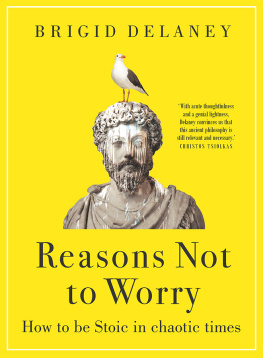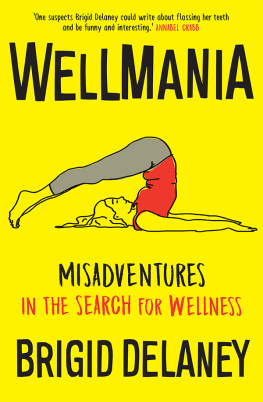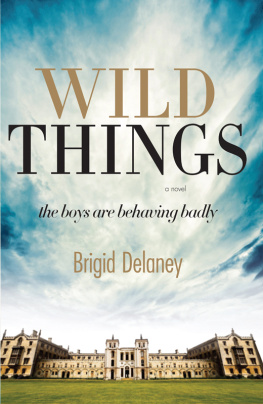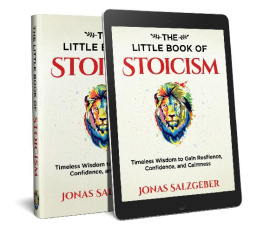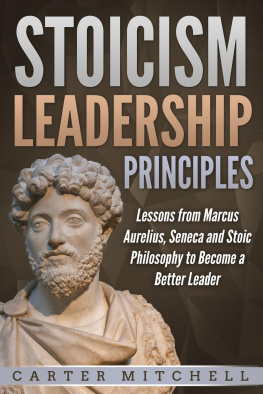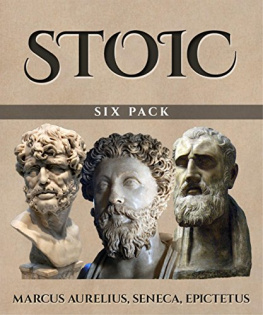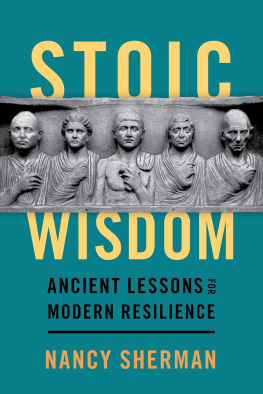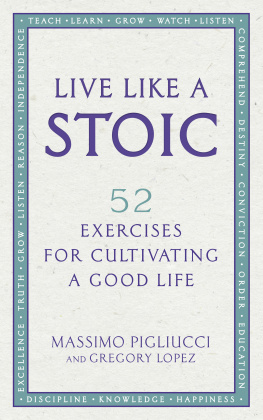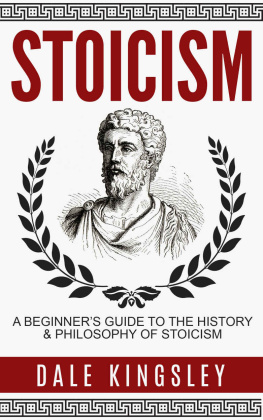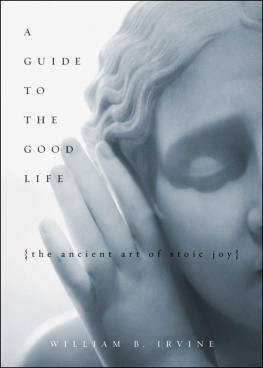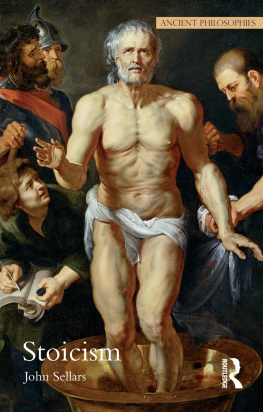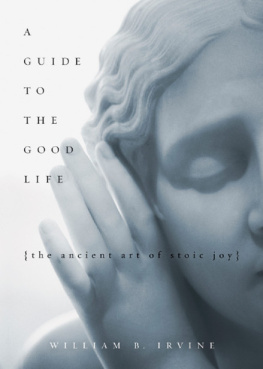
First published in 2022
Copyright Brigid Delaney 2022
All rights reserved. No part of this book may be reproduced or transmitted in any form or by any means, electronic or mechanical, including photocopying, recording or by any information storage and retrieval system, without prior permission in writing from the publisher. The Australian Copyright Act 1968 (the Act) allows a maximum of one chapter or 10 per cent of this book, whichever is the greater, to be photocopied by any educational institution for its educational purposes provided that the educational institution (or body that administers it) has given a remuneration notice to the Copyright Agency (Australia) under the Act.
Allen & Unwin
Cammeraygal Country
83 Alexander Street
Crows Nest NSW 2065
Australia
Phone: (61 2) 8425 0100
Email:
Web: www.allenandunwin.com
Allen & Unwin acknowledges the Traditional Owners of the Country on which we live and work. We pay our respects to all Aboriginal and Torres Strait Islander Elders, past and present.

ISBN 978 1 74331 049 6
eISBN 978 1 76106 159 2
Internal design by Simon Paterson
Set by Bookhouse, Sydney
Cover design: Design by Committee
Cover illustration: Josh Durham
It takes great courage to see the world in all its tainted glory, and still to love it.
Oscar Wilde
Accept the things to which fate binds you, and love the people with whom fate brings you together, but do so with all your heart.
Marcus Aurelius
These are times in which a genius would wish to live. It is not in the still calm of life, or in the repose of a pacific station, that great characters are formed. The habits of a vigorous mind are formed in contending with difficulties. Great necessities call out great virtues.
Abigail Adams, Letter to John Quincy Adams, 19 January 1780
Contents
What a time to be alive! Thats what I said every day as I hunched over my laptop, weak-eyed from looking at the screen and anxious from the news pouring through it, pounding me from all corners of the world. It feltfeelsas if we are in a permanent state of crisis, where one seismic global event folds into another, without pause for any of us to reorient ourselves to our ever-shifting, increasingly bleak reality.
The chaos on the outside we can catalogue well enougha climate crisis, a pandemic, ongoing racism, rising inequality and soaring cost of living, wars, an increase in mental health problemsand then theres burnout, increased addiction and substance misuse, enslavement to our phones, an eroded sense of common ground, abuse and hate on social media, a retreat to our homes, screens, silos, platforms and echo chambers, an existential malaise brought on by a lack of ritual, community or shared meaning in our lives.
Being human right now feels like being blasted with a high-pressure hoseits just all sensation and force; too much, it seems, to open our eyes.
Yet, yet they have been years of wonder, too. In the early days of the pandemic there was an almost manic sense that something was happening. Briefly partitions between peoplefriends and strangersfell and in came a strange, almost giddy sociability. There was in those strange days of autumn 2020 a glimpse of a different way of being, if only we could let it flow in.

Making meaning has always been my way through. Meaning becomes a mapand a map can get you out. I thought that if I could extract meaning from these years of chaos and wonder, and work out how to best get through these times, then I could future-proof myself for what was ahead. Because what was ahead promised to be wild. Wilder, perhaps, than what had come before.
The only problem is that our culture didntand still doesntreally equip us with meaning or a map for navigating these last few years. In our secular society, there is no religion or broadly agreed upon social and moral tools for rising to lifes increasingly complex challenges. Instead we are left to make it up as we go along. But how do we find consistent meaning in a time of continual change? And how do we plant our feet on the ground and not get carried away by the anxiety that society is falling apart? In the face of chaos, how do we feel optimistic and act with purpose and agency? And what does it mean to be a good person and act ethically? There was nothing I could see in our current culture that was strong enough to provide a ballast.
I needed a strong dose of wisdom to get through this harrowing passage of time. But where to find it?
In my previous books exploring the internet and globalisation (This Restless Life) and the wellness industry (Wellmania), Id also been on a quest looking for answers. With this book, I was also looking for something, but not out there. I was looking inside.
I was searching for the tools to develop an inner lifean inner fortitude that would serve me until the end. This wisdom would guide my intuition, how I treated people, how I navigated the world and how I coped with it all: disappointment and loss, joy and abundance. But it would work inwards toocreating meaning and a map, orienting a moral compass, and creating the ability to be calm and courageous during times of global chaos and in a chaotic personal life.
By happenstance (more of that later) I found the wisdom Id been searching for, deep in the past, in the ancient Greco-Roman philosophy of Stoicism.
The Stoics, always useful, seemed even more necessary in March 2020.
They whispered from the past: Were here, were here weve always been here.
And so into the past I went. I found a time not unlike our ownfull of chaos, war, plagues, pestilence, treachery, corruption, anxiety, overindulgence and fear of a climate apocalypse. Those times were populated by people questing for the answers that we crave today. In ancient Stoicism I found people, just like us, longing to find meaning and connection, to feel whole and tranquil, to love and be loved, to have a harmonious family life, fulfilling and meaningful work, intimate and nourishing friendships, a sense of contributing to your community, belonging to something greater than yourself, a wonder at the natural world, flashes of deep awe, a head full of questions about how it all came to be, and, finally, coming to terms with letting it all goat some point, not of your choosing.
Were here, were here weve always been here. And so it was to the Stoics I went, falling down the two millennia towards themin a quest to find out if the old ways can help us now.
How I came to write this book and why
I first came across the philosophy of Stoicism in 2018, started researching it and writing about it for this book in 2019, and completed the project in mid-2022.
The period between starting and finishing this book was so strange, disordered, chaotic, unprecedented and so desperately requiring the thing I was writing about that the project seemed eerily preordained. Deep in the trough of the pandemic, knowing Stoicism became a gift. It was like being in a sci-fi novel where the hero is propelled into the future with a superpower that, if used correctly, will set her free.
But how I became immersed in these ancient teachings, which exist today (with a few notable exceptions) largely in fragments and in the notes of their students, was initially a matter of chance.
Next page
